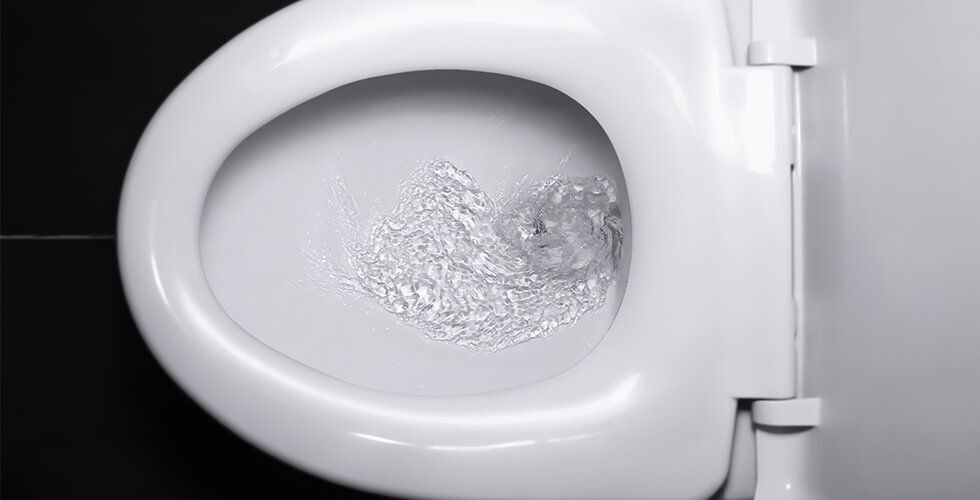
The next time you head to the bathroom, don’t just flush and walk away. Doctors say checking your poop is a simple way to spot early signs of digestive or nutritional issues. One key thing to notice? Whether it sinks or floats.
Healthy stool is denser than water, so it should typically sink. “When stools are well-formed and sink, it suggests you’re getting enough fiber, water, and your gut bacteria are doing their job,” explains gastroenterologist Dr. Rucha Mehta Shah. Ideally, it should also come out in one piece and have a solid, smooth consistency.
Floating stool, on the other hand, can signal something else entirely. An occasional floater after a greasy meal isn’t usually cause for alarm, but consistent floating—especially if it’s oily or foul-smelling—can indicate fat malabsorption. “That’s when we start thinking about conditions like celiac disease, Crohn’s, or pancreatic issues,” says Dr. Sophie Balzora of NYU Langone Health. Excess gas from bacterial overgrowth can also cause stool to float.
To keep your gut in balance, experts recommend aiming for a “type 3 or 4” on the Bristol stool scale—soft, formed, and easy to pass. Key habits include eating plenty of fiber from fruits, legumes, and whole grains, staying hydrated, and moving your body regularly to keep digestion flowing.
Most importantly, pay attention to changes. “If you normally have sinking stools and suddenly they start floating—or you notice oily residue, blood, or black tarry stools—it’s time to see your doctor,” warns Dr. Supriya Rao.
Bottom line: Your poop is one of the easiest windows into your gut health. Don’t be shy about checking before you flush—it might tell you more than you think.

